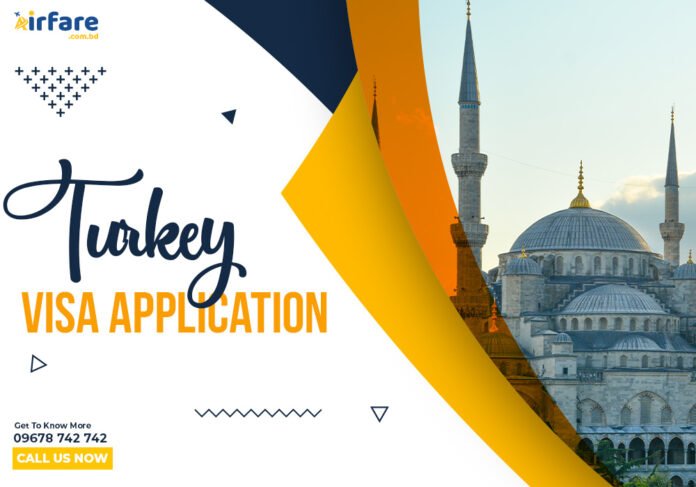Introduction:
Turkey, a nation straddling two continents, invites travelers with its rich history, cultural diversity, and breathtaking landscapes. For citizens of Afghanistan and Bangladesh eager to explore the treasures of Turkey, understanding the visa processes is essential. This article provides insights into obtaining a Turkey visa for Afghan citizens and Bangladeshi citizens, shedding light on the pathways for these diverse communities.
Turkey Visa for Afghan Citizens:
Turkey Visa for Afghan Citizens Afghanistan, a country with a deep historical heritage, inspires a natural curiosity among its citizens to explore the wonders of Turkey. Navigating the Turkish visa process for Afghan citizens involves a systematic approach.
Afghan citizens planning a visit to Turkey for tourism, business, or other purposes must apply for the appropriate visa category. This typically involves submitting documents such as a valid passport, passport-sized photographs, proof of accommodation, travel itinerary, and a completed visa application form.
For Afghan citizens engaging in business activities in Turkey, the Business Visa is the relevant choice. Additional documentation, including an invitation letter from a Turkish business partner and details outlining the proposed business activities, may be required. Afghan citizens generally follow the traditional visa application process through the Turkish Embassy or Consulate.
As of my last knowledge update in January 2022, Turkey does not have an e-Visa facility for Afghan citizens, emphasizing the importance of staying informed about the latest updates in visa policies.
Turkey Visa for Bangladeshi Citizens:
Turkey Visa for Bangladesh Citizens Bangladesh, a nation with a rich cultural heritage, fosters a growing interest among its citizens to explore the cultural and historical marvels of Turkey. Navigating the Turkish visa process for Bangladeshi citizens involves a similar systematic approach.
Bangladeshi citizens planning a visit to Turkey for tourism, business, or other purposes must apply for the appropriate visa category. This typically requires submitting documents such as a valid passport, passport-sized photographs, proof of accommodation, travel itinerary, and a completed visa application form.
For Bangladeshi citizens engaging in business activities in Turkey, the Business Visa is the relevant choice. Additional documentation, including an invitation letter from a Turkish business partner and details outlining the proposed business activities, may be required. Bangladeshi citizens generally follow the traditional visa application process through the Turkish Embassy or Consulate.
As of my last knowledge update, Turkey does not have an e-Visa facility for Bangladeshi citizens, reinforcing the importance of staying informed about the latest updates in visa policies.
Comparison and Conclusion:
Both Afghan and Bangladeshi citizens find themselves navigating the traditional visa application process for Turkey, highlighting the shared responsibility of staying informed about the latest developments in visa policies.
While Turkey does not currently offer an e-Visa option for citizens of Afghanistan and Bangladesh, the traditional visa application process remains straightforward and is facilitated through the Turkish Embassy or Consulate.
In conclusion, these visa processes exemplify Turkey’s commitment to welcoming travelers from diverse corners of the world. Whether it’s the deep historical heritage that captivates Afghan citizens or the rich cultural heritage of Bangladesh that entices its citizens, Turkey stands as an inviting destination.
As global connections continue to evolve, these visa processes serve as bridges connecting nations and people. Travelers from Afghanistan and Bangladesh, eager to immerse themselves in the enchanting tapestry of Turkey, can navigate these processes with the understanding that they represent not only administrative formalities but also the shared spirit of cultural exchange and global exploration. Travelers are advised to stay informed about any changes in visa policies, and consulting with the respective embassies or official channels is recommended for the latest information.

